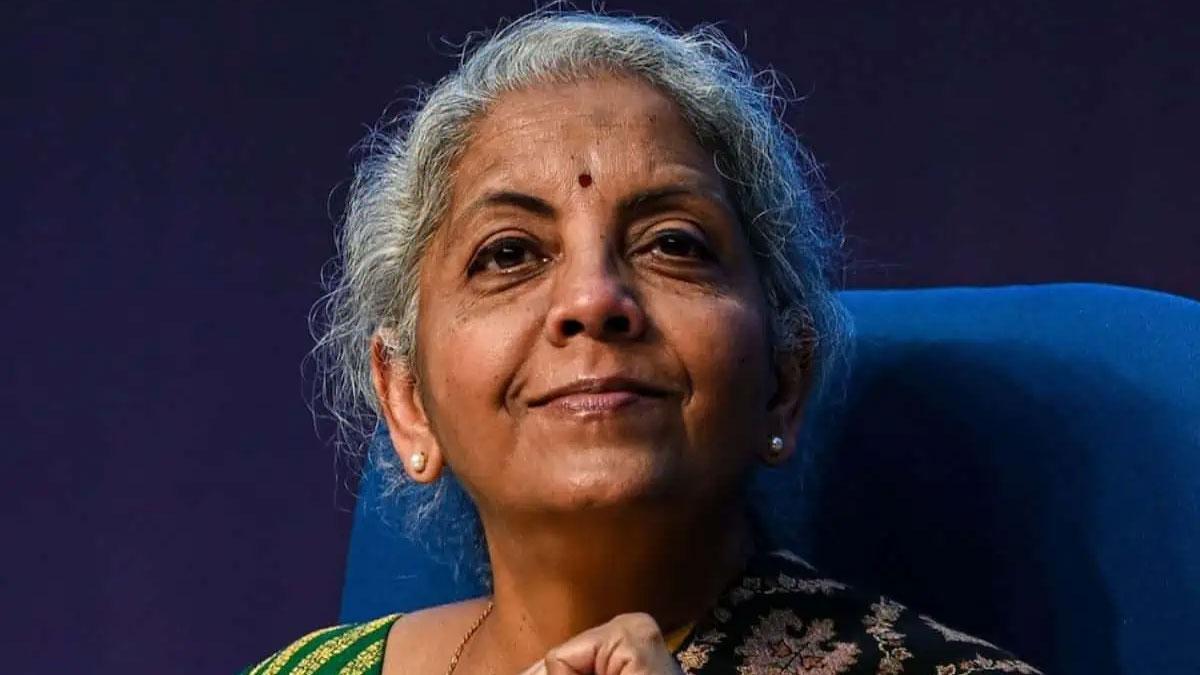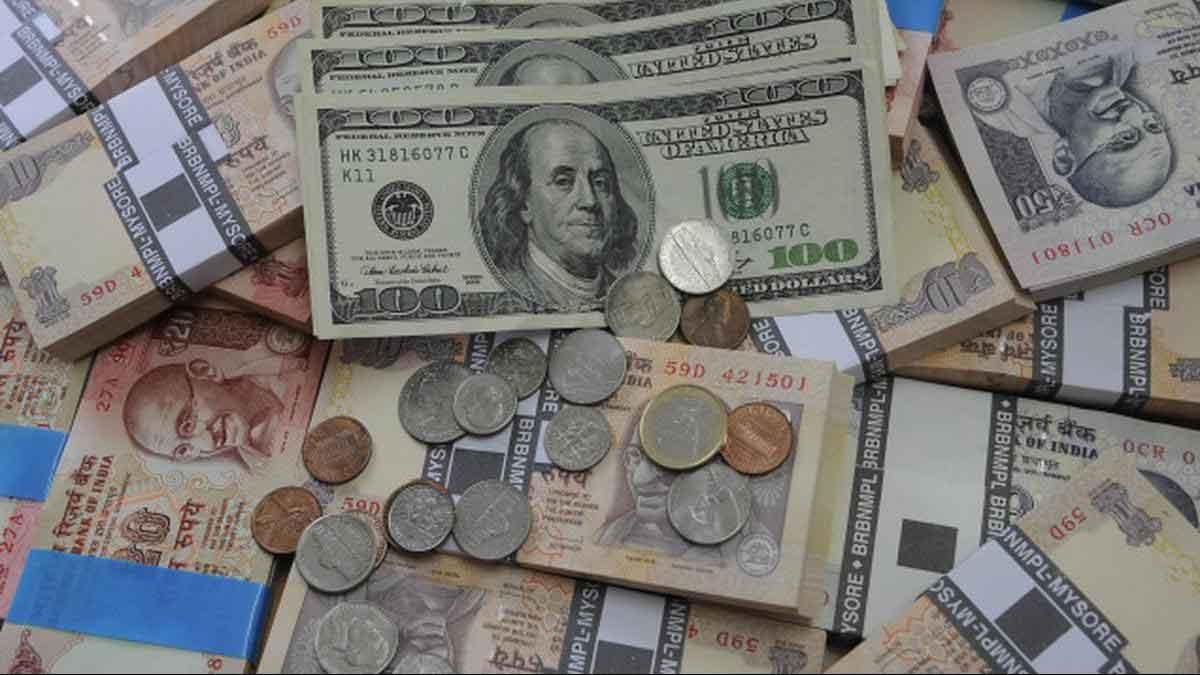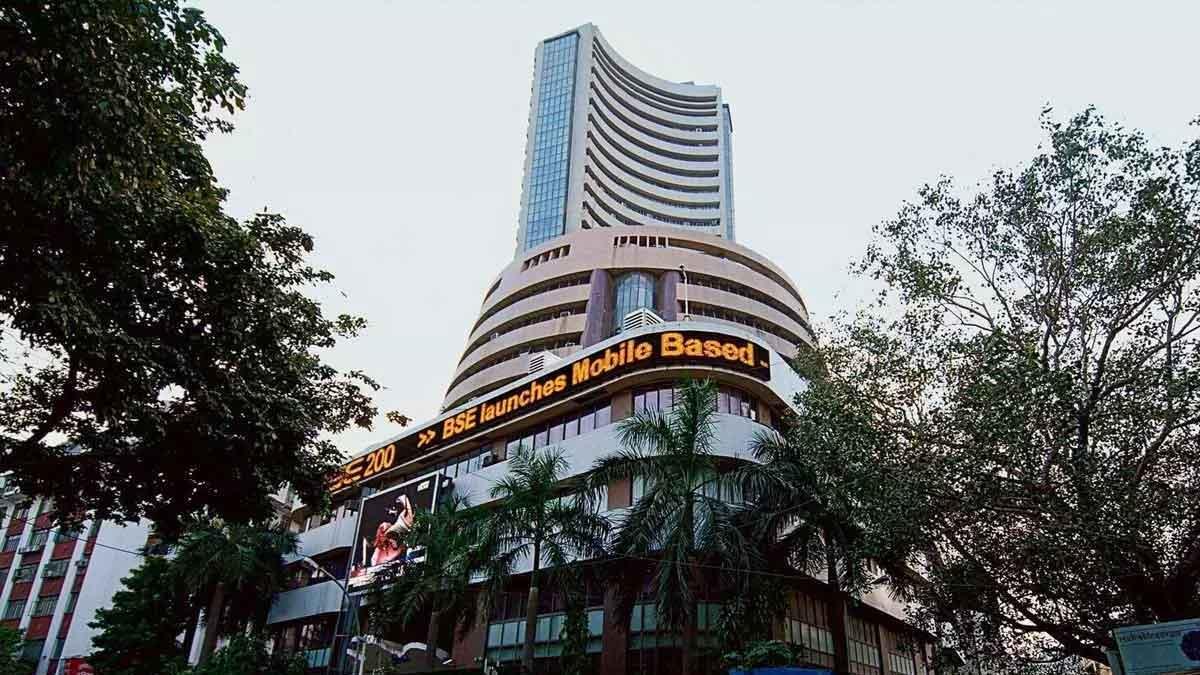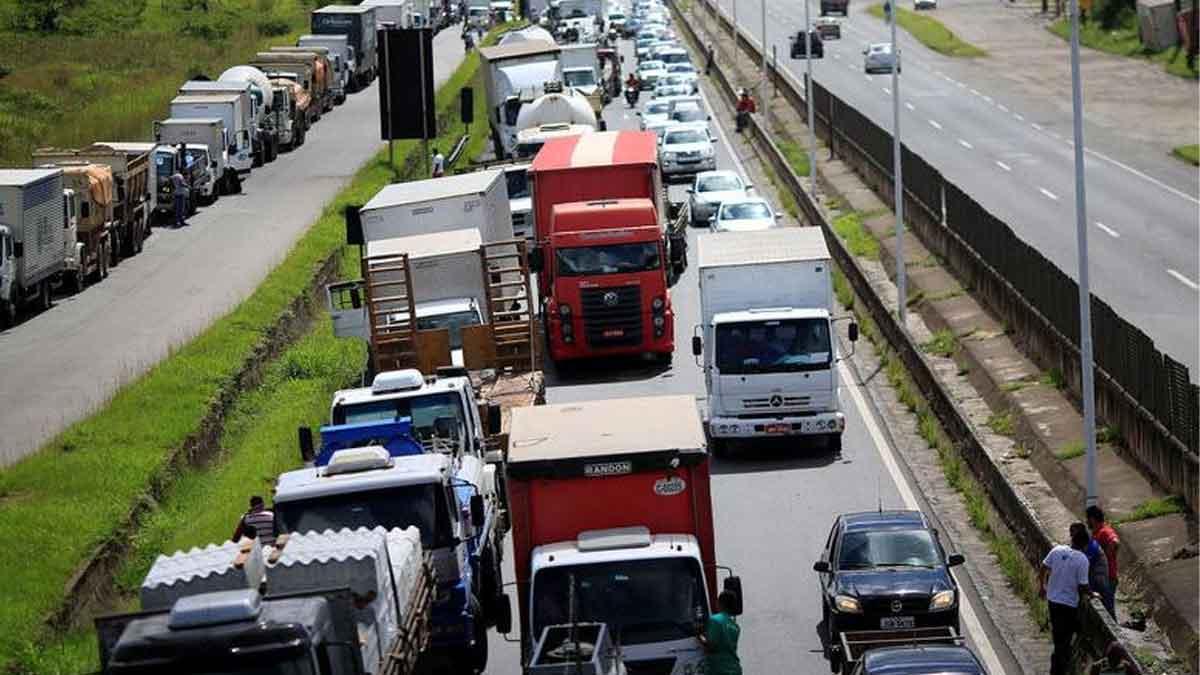Finance Minister Nirmala Sitharaman announced on Monday that there have been significant milestones within the broader framework of the Goods and Services Tax, GST.
This includes the appointment of the President of the GST Appellate Tribunal, GSTAT and an unprecedented moment, where GST collections are going gross over Rs 2 lakh crore. These milestones are attributed to the increased economic activity in the country.
In a far-reaching statement, the Finance Minister elucidated the positive impact of GST, which has enabled the economically disadvantaged to benefit from reductions in taxes on essential goods. She underlined that GST has worked to strengthen state finances in sync with the broader objective of federalism.
Remembering that GST was born during the tenure of the Atal Bihari Vajpayee-led NDA government, which had been finally implemented by Prime Minister Narendra Modi after the necessary consensus had been achieved.However, she also pointed out that political consensus on the introduction of GST had not been reached by the UPA government over the past decade.
India had been operating on a fragmented indirect taxation system and a complex administrative setup wherein every state functioned like a different market, with different rules and tax rates. This led to a multifold increase in the tax burden on the masses because they could not get the input credits for the Central excise duty and other levies.
GST simplified the tax structure by subsuming 17 taxes and 13 cesses within a five-tier system and also increased the turnover threshold for registration. The compliance procedures were simplified with uniform processes, simplified registration, and a digitally-driven system with low levels of physical interaction.
The introduction of schemes like the Quarterly Returns with Monthly Payment scheme was particularly helpful for small taxpayers and MSMEs, reducing their compliance burden. The GST regime enabled MSME financing through various tools like e-invoicing and TReDS, leading to a quantum jump in the number of registered taxpayers.
This is the reason that the implementation of the E-way bill system brought about seamless inter-state transportation, thus reducing logistical costs and cases of corruption at checkpoints. This led to huge increase in domestic inter-state trade and thus economic growth.
Sitharaman elaborated on the GST pro-poor approach through the constant reduction in the effective weighted average GST rate since inception. She also highlighted the fact that the taxes on essential items were lowered, ensuring universal access to basic necessities.
She had also indicated that, amongst other things, GST exempts essential goods and services as a part of its approach towards cooperative federalism and state power. The Finance Minister further pointed out the consultative and decision-making process at the GST Council to be inclusive and based on a consensus.
She fended off misgivings by revealing that GST is a significant contributor to state revenues. She also presented data that showed the positive impact of GST on tax buoyancy and state revenues, even amidst challenges like the COVID-19 pandemic.
She finally reiterated the commitment of the government to inclusive growth and effective tax administration, encapsulated by GST. She reiterated the government's focus on enhancing taxpayer services and operational efficiencies in order to promote holistic development—a mantra that truly reflects the principles of 'Sabka Saath, Sabka Vikas, Sabka Vishwas, Sabka Prayaas'.
Read also | Navigating Cross-Border Payments and Remittances: Challenges and Opportunities Unveiled
Read also | Twitter founder Jack Dorsey Steps Down from Bluesky Board, Company Confirms


















